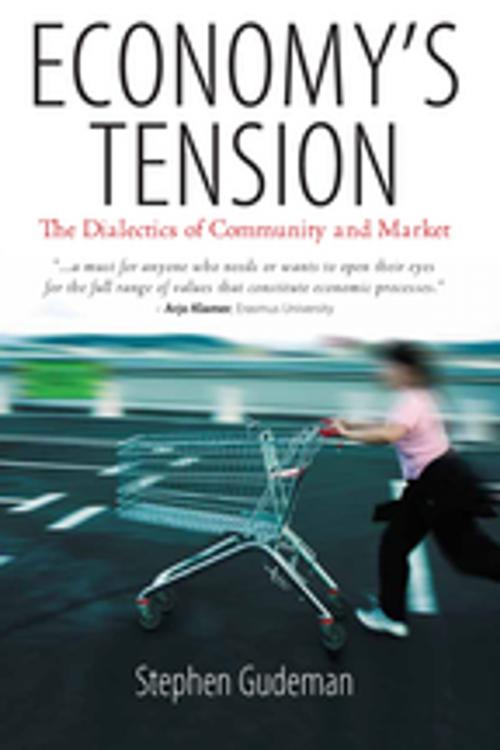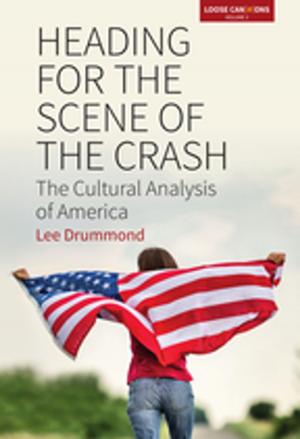Economy's Tension
The Dialectics of Community and Market
Nonfiction, Social & Cultural Studies, Social Science, Methodology, Anthropology, Business & Finance, Economics| Author: | Stephen Gudeman | ISBN: | 9780857451316 |
| Publisher: | Berghahn Books | Publication: | May 1, 2008 |
| Imprint: | Berghahn Books | Language: | English |
| Author: | Stephen Gudeman |
| ISBN: | 9780857451316 |
| Publisher: | Berghahn Books |
| Publication: | May 1, 2008 |
| Imprint: | Berghahn Books |
| Language: | English |
Why are we obsessed with calculating our selections? The author argues that competitive trade nurtures calculative reason, which provides the ground for most discourses on economy. But market descriptions of economy are incomplete. Drawing on a range of materials from small ethnographic contexts to global financial markets, the author shows that economy is dialectically made up of two value realms, termed mutuality and impersonal trade. One or the other may be dominant; however, market reason usually cascades into and debases the mutuality on which it depends. Using this cross-cultural model, the author explores mystifications of economic life, and explains how capital and derivatives can control an economy. The book offers a different conception of economic welfare, development, and freedom; it presents an approach for dealing with environmental devastation, and explains the growing inequalities of wealth within and between nations.
Why are we obsessed with calculating our selections? The author argues that competitive trade nurtures calculative reason, which provides the ground for most discourses on economy. But market descriptions of economy are incomplete. Drawing on a range of materials from small ethnographic contexts to global financial markets, the author shows that economy is dialectically made up of two value realms, termed mutuality and impersonal trade. One or the other may be dominant; however, market reason usually cascades into and debases the mutuality on which it depends. Using this cross-cultural model, the author explores mystifications of economic life, and explains how capital and derivatives can control an economy. The book offers a different conception of economic welfare, development, and freedom; it presents an approach for dealing with environmental devastation, and explains the growing inequalities of wealth within and between nations.















